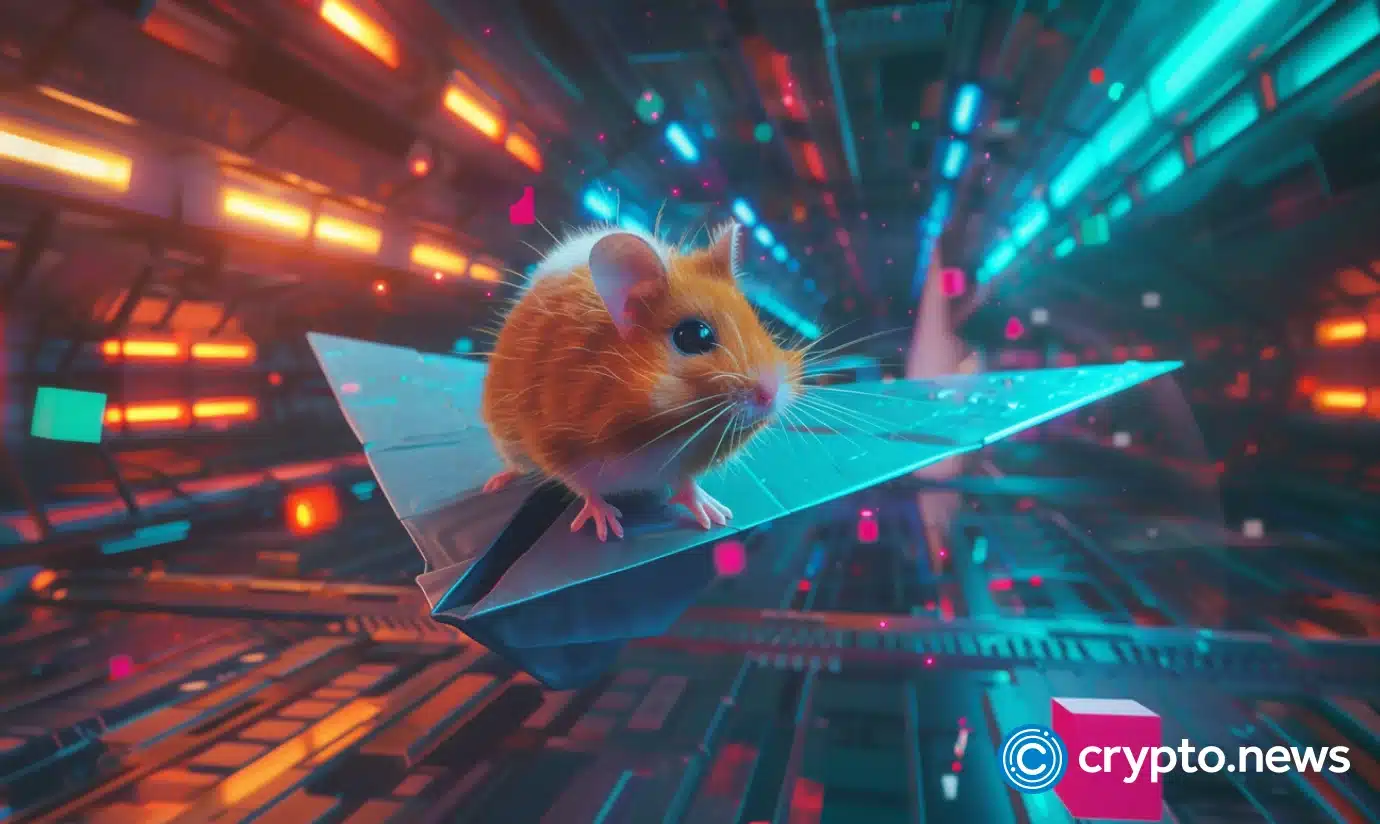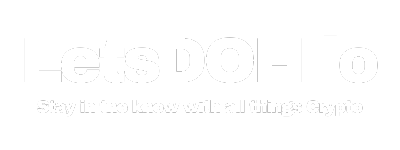
Anatoly Aksakov, the leader of Russia’s State Duma Banking Committee, has urged banning Telegram’s tap-to-earn game Hamster Kombat, saying it “manipulates” people’s minds.
Russian lawmakers appear to be set to address concerns about Telegram‘s Hamster Kombat, as Anatoly Aksakov, head of the State Duma Banking Committee, has criticized the game for showing “obvious scam” traits and potentially harming users.
In an interview with the local media, Aksakov noted that the State Duma hasn’t yet thoroughly examined the issue, though he reassured that a discussion will certainly take place, suggesting that Hamster Kombat could be another trap set by fraudsters, targeting individuals who seek quick and effortless wealth through gaming.
“Such things need to be stopped. This is clearly fraud in my opinion. It involves manipulation and the use of people’s psychology, especially those who are unwilling to work and dream of getting rich with minimal effort by playing a game.”
Anatoly Aksakov
The lawmaker highlighted specific features of the game, such as additional tasks that promise increased earnings and boosts for faster progression, which are usually associated with fraud. Aksakov also expressed concern over the increasing susceptibility of the public to external influences, which he believes can lead to detrimental outcomes.
“Unfortunately, there has been a clear trend of the masses being susceptible to external influence lately, often leading to extremely negative consequences.”
Anatoly Aksakov
Launched in March on Telegram, Hamster Kombat is a crypto-focused tap-to-earn game that promises to distribute in-game virtual HMSTR tokens as TON-based digital assets, though the exact timeframe remains unclear. As our market analyst Toghrul Aliyev recently warned in a research report, HMSTR holders should expect significant volatility if trading begins, adding that an initial wave of sell orders “will likely create downward pressure on the price, potentially causing it to drop below pre-market levels within minutes, hours, or days after the launch.”
